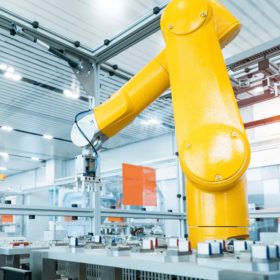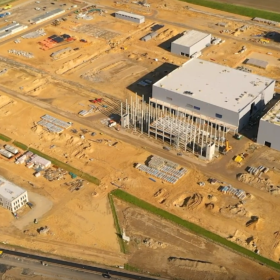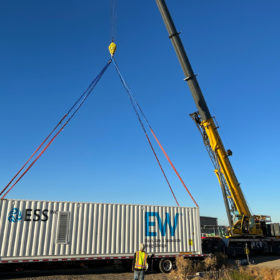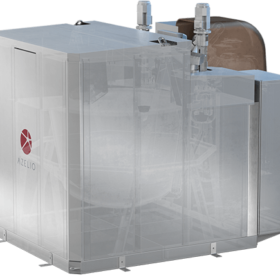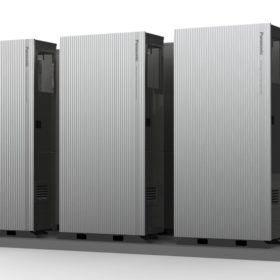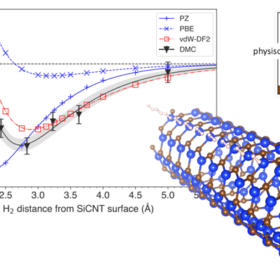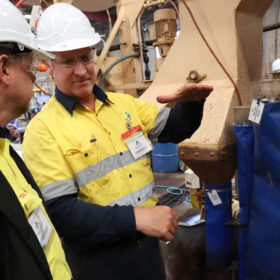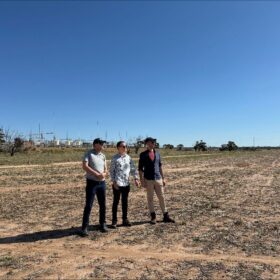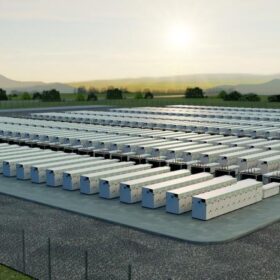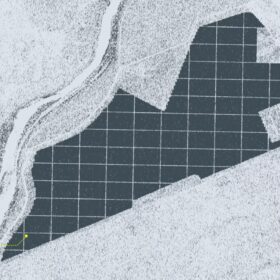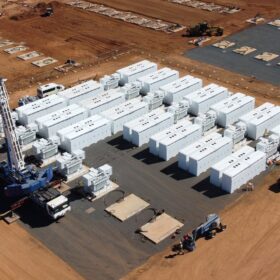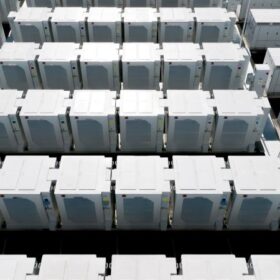Made-in-WA cathode precursor plant gets underway
Construction has begun on a manufacturing pilot project to see battery-grade nickel, cobalt and manganese for precursor battery cathode materials (PCAM) in Perth. The facility is expected to be completed in early 2022 and is one of a number of developments that will look to establish Western Australia (WA) as a materials supplier to the growing battery manufacturing industry.
Report finds co-located hubs key to battery industry competitiveness
A report from Australia’s Future Battery Industries Cooperative Research Centre which analysed the development of battery hubs in the U.S., Germany and Japan, has found that co-location and cooperation between industry and government were key to hub success. For Australia to play the same game, it will have to leverage its wealth of resources, and clean up its act along the way.
Umicore to purchase 42,000 tons of Australian lithium battery material
Belgian materials company Umicore has signed a contract with Australia headquartered Vulcan Energy Resources to purchase up to 42,000 tons of lithium hydroxide over a five year period beginning in 2025. The material will be used in Umicore’s production of cathode materials for lithium-ion cell manufacturers.
Insight Australia 2021, fully charged
Insight Australia 2021 took place on October 12th. Its wide range of speakers and Australian focus attracted many to watch the event live and participate in the insightful Q&As. For those that weren’t able to join us but are at all interested in the performance and safety of battery energy storage in the energy transition, the recording is now available.
Iron flow battery tech shows promise for mid-duration energy storage
The ESS battery systems have a prescribed design life of 25 years, but the battery modules, electrolyte, plumbing, and other components may well last for decades longer with proper maintenance.
Electro-thermal storage system for commercial applications launched
Developed by Swedish manufacturer Azelio, the system stores renewable energy in recycled aluminium and has an electrical and thermal energy output, with a total efficiency of 90 %. One unit’s storage capacity reaches 165 kWh of electrical output and on top of that thermal energy between 55-65 degrees Celsius. Its modular configuration allows the deployment of projects with a capacity of up to 100 MW.
Panasonic launches 5 kW fuel cell system for commercial applications
The system has dimensions of 834×417×1,766 mm and weighs 205 kg including the design panel. It achieves an electrical efficiency of 56% and can be connected with a hot water storage unit.
Storing hydrogen with silicon-carbide nanotubes
Storing hydrogen in carbon nanotubes and other nanostructures is still far from reaching commercial maturity. A Japanese research team, however, has developed a new simulation technology that may help better estimate the energy needed to favour the ideal interaction between hydrogen and its storage material.
Plans for Australia’s first vanadium electrolyte manufacturing facility move forward
Australian Vanadium Limited has appointed a Western Australian engineering firm to begin the stage one of what it says will become the country’s first vanadium electrolyte manufacturing plant, part of the company’s broader value adding vision.
How long do residential energy storage batteries last?
Multiple factors affect lifespan of a residential battery energy storage system. We examine the life of batteries in Part 3 of our series.
